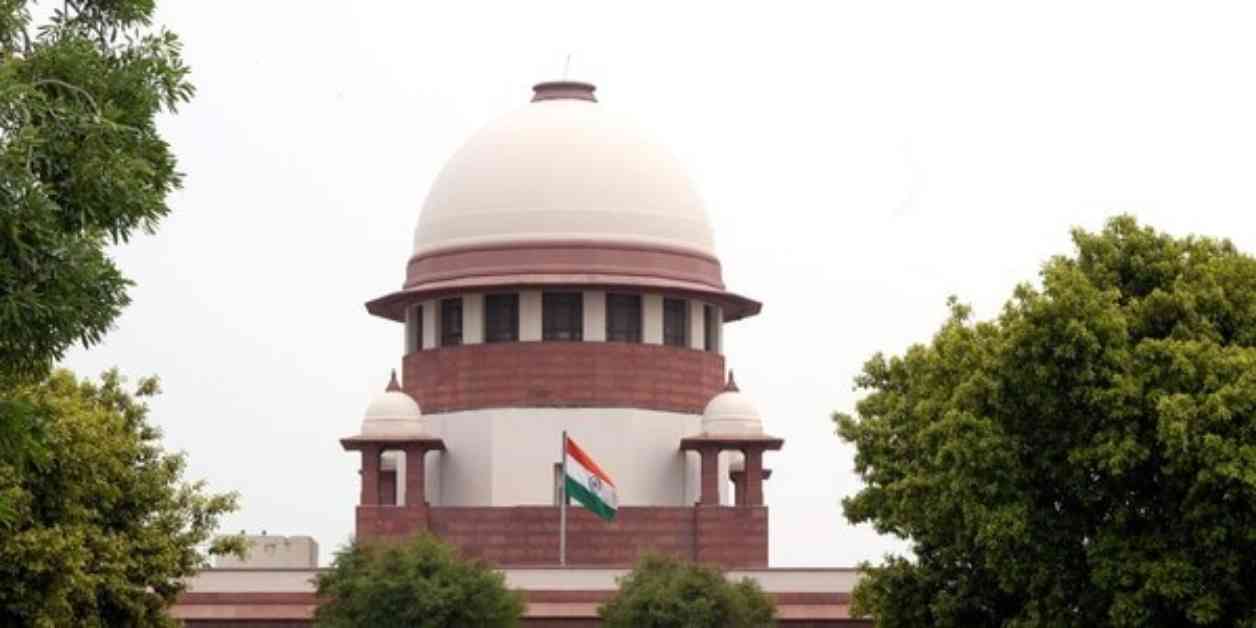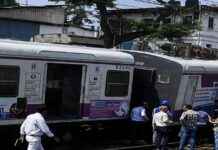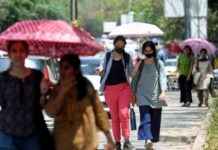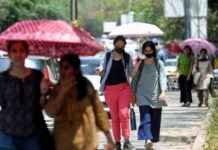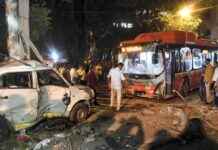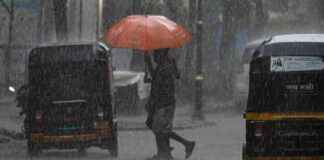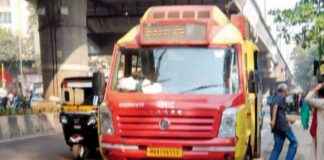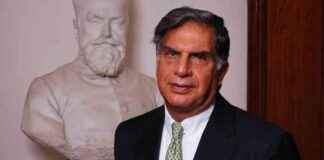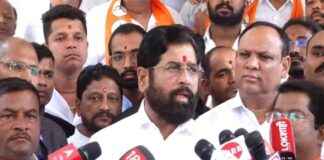The Supreme Court has decided to hear the pleas of the West Bengal government and others challenging a Calcutta High Court order that invalidated the appointment of 25,753 teachers and non-teaching staff in state government and aided schools. The court has granted time to the parties to file their responses to the petitions by August 16.
The bench, headed by Chief Justice DY Chandrachud, has scheduled a final hearing in September after hearing 33 petitions related to the high court’s April 22 judgment on the matter. The top court has given the last opportunity to file responses to the pleas challenging the high court order.
The West Bengal government has also filed a plea challenging the order. The court has appointed four lawyers as nodal counsel to prepare a common compilation of records in electronic form. The court has also allowed the Central Bureau of Investigation (CBI) to continue its probe into the matter and investigate members of the state Cabinet if necessary.
The top court has emphasized the importance of maintaining the integrity of the recruitment process for public jobs. It has raised concerns about the systemic fraud in the appointment of teachers and non-teaching staff in West Bengal. The court has stated that if the appointments are found to be illegal, the individuals will have to refund their salaries and other benefits.
The high court had directed the CBI to investigate the appointment process and submit a report within three months. It instructed those appointed outside the officially available vacancies to return all remunerations and benefits received by them with interest. More than 23 lakh candidates appeared for the State Level Selection Test (SLST)-2016 for 24,640 vacant posts, and 25,753 appointment letters were issued.
The Supreme Court’s decision to hear the pleas of the West Bengal government and others challenging the Calcutta High Court order brings hope for resolution in the ongoing controversy surrounding the appointment of teachers and non-teaching staff in state government and aided schools. By granting time for responses and setting a final hearing in September, the court is taking steps towards addressing the concerns raised by various parties involved in the case.
The appointment process for public jobs is crucial for maintaining transparency and fairness in recruitment. The court’s emphasis on the need to uphold the integrity of the recruitment process highlights the importance of accountability and adherence to legal procedures in such matters. The involvement of the CBI in investigating the appointment process further underscores the seriousness of the allegations of irregularities and fraud.
As the legal proceedings continue, it is essential for all parties to cooperate and provide necessary information to ensure a thorough and impartial investigation. The resolution of this case will not only impact the individuals directly involved but also have broader implications for the recruitment process and public trust in the system. The Supreme Court’s commitment to addressing these issues in a timely and transparent manner is a positive step towards resolving the controversy and upholding the principles of justice and accountability.
